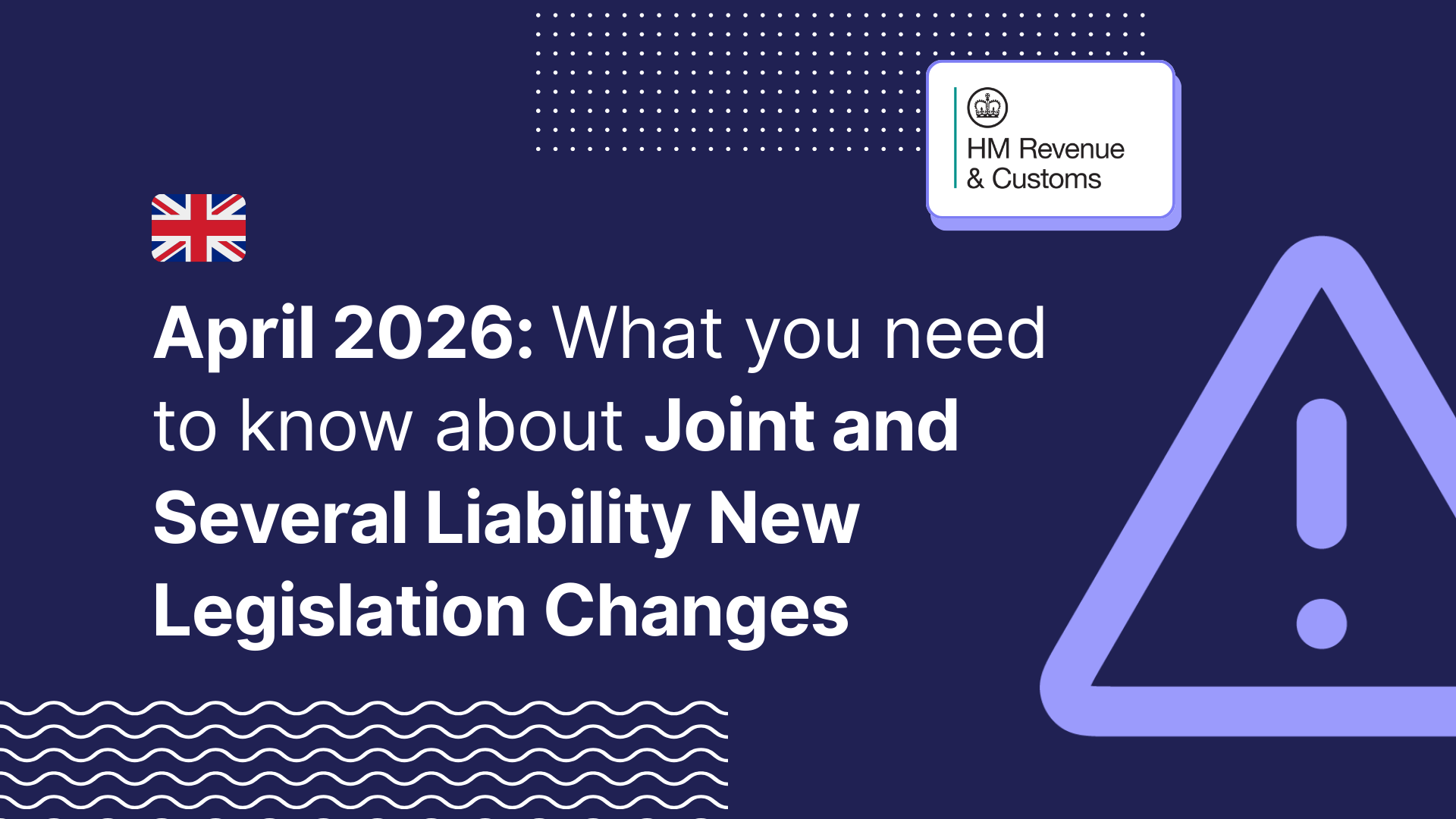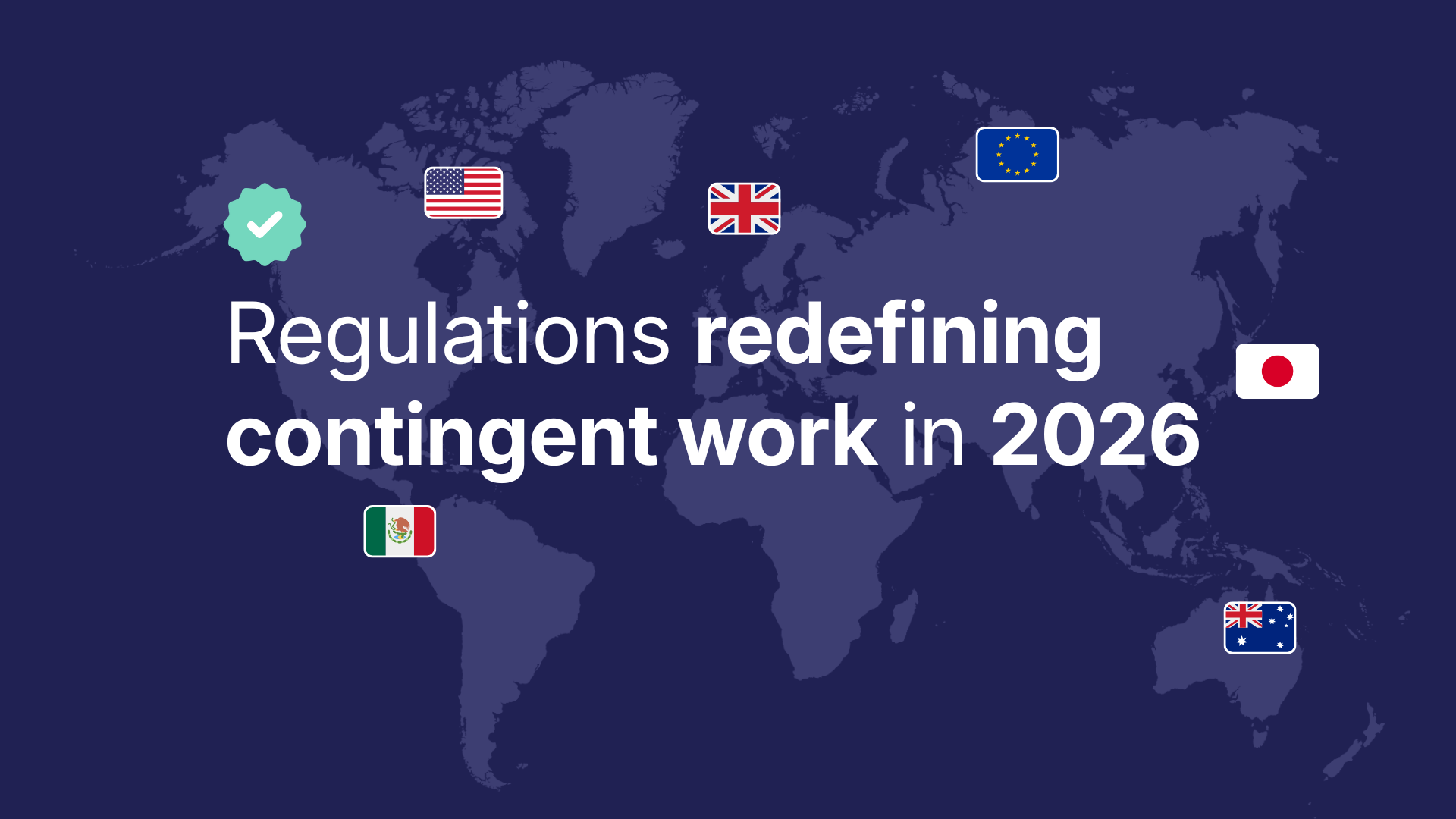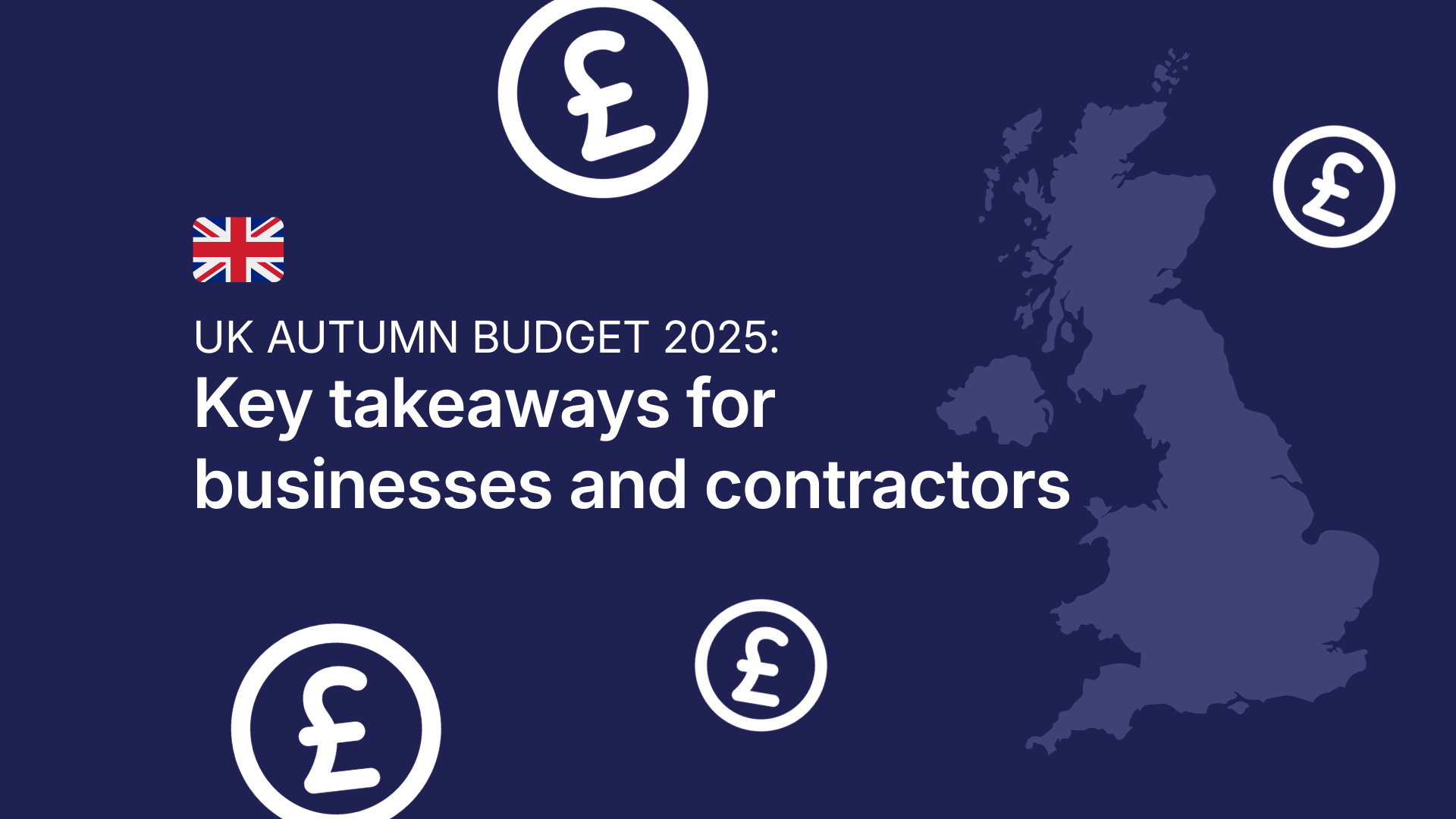The planned repeal of IR35 reforms in the UK has been scrapped. The UK government has announced that it will not go ahead with rolling back the 2017 and 2021 IR35 reforms. This means that employers and freelancers should prepare for the current IR35 regulation to remain in place.
The UK’s self-employed had welcomed the news of the repeal of the IR35 reforms, announced in the “mini-budget” as it was seen as a boon for freelancers and companies navigating an often blurry tax environment.
But it is worth remembering that IR35 itself was never planned to be scrapped. Freelancers and companies working with freelancers would have had to consider IR35 implications in any case.
We’re here to bust some myths about the IR35—and what they mean for you and your business.
Why did the UK government consider rolling back IR35 reforms?
The UK government had been advised that the recent changes put a burden on both small businesses and contractors, who struggled to understand the rules, processes and pitfalls which in turn had an adverse effect on productivity and output.
Now that the IR35 reforms will stay in place, it is paramount that companies working with freelancers have good processes in place for IR35. Engaging freelancers through an IR35-compliant platform such as YunoJuno is a great start.
What is IR35 compliance and why is it important?
IR35 is a UK tax legislation governing contractors and businesses who are to pay the appropriate tax. Also known as ‘off-payroll working rules’, the legislation isn’t new—it’s been around for 20 years. But 2017 and 2021 changes to the legislation saw the biggest tax reform for self-employed individuals in both public and private sectors.
Do the IR35 reforms apply to both the public and private sectors?
Yes. The 2017 reform applied to the public sector and the 2021 reform applied to the private sector.
What does IR35 mean for freelancers?
As a general rule, be you a hirer or contractor, be ready to understand and defend your position, classification or working practices.
Check your IR35 compliance, understand your status, and most importantly, ensure your day-to-day working practices reflect the determination made by the hiring organisation. Remember, now that IR35 reforms will not be scrapped, it’s more important than ever to stay on the correct side of compliance.
What does inside or outside IR35 mean?
Scenario 1: You’re a Personal Service Company (PSC) and a project is deemed outside IR35.
This is relatively the easiest of the scenarios as it’s the same as it has always been - i.e. a PSC is paid their gross fee and they are responsible for the management and payment of their own tax obligations. The client has officially stated that the project in question is not a ‘disguised employee’ (HMRC terminology—not ours) and they have the Status Determination Statement (SDS) to stand by it.
So in this scenario, if you’re a PSC, nothing changes.
Scenario 2: You’re a PSC and a project is deemed inside IR35.
Here is when things changed in regard to how tax obligations are met and how payments are processed.
Because the client has deemed a contract as inside (with an accompanying SDS), they are stating that the working practices on the ground are employee-like. Therefore, there needs to be a payment path and vehicle that calculates and administers the correct tax obligation of you, the freelancer.
Typically, for regular employees within a business, this is done by their employer and PAYE. So how does a freelancer accomplish this whilst maintaining their freedom and independence? This is where the concept of a Deemed Employer comes in. A Deemed Employer is someone that acts as your employer for a period of time and stands in between you and HRMC to ensure all the appropriate tax obligations are met for that particular project.
What do the recent IR35 changes mean for hiring companies?
Now that the plan to scrap the recent changes to IR35 is no longer going ahead, the need for companies to ensure worker regulation and tax compliance remains as strong as ever.
For many companies, the spotlight on IR35 as a result of the mini-budget has further opened their eyes to the IR35 obligations to other areas of the worker tax legislation, such as SDC (for Sole Traders in the UK) and global worker compliance when working with freelancers internationally.
With the IR35 repeal scrapped, now is a good opportunity for companies to reassess compliance as a whole. YunoJuno advises companies on how to work compliantly with freelancers and gives hiring managers the tools and processes they need to correctly asses and classify freelancer assignment.
Stay one step ahead of tax compliance
Interested in making UK compliance such as IR35 and SDC easier for your business? Do you want to compliantly engage international freelancers? Welcome to YunoJuno.
We help companies hire and manage their global freelance workforce with automated onboarding, contracts, and payments, saving time and money, whilst guaranteeing full compliance.







